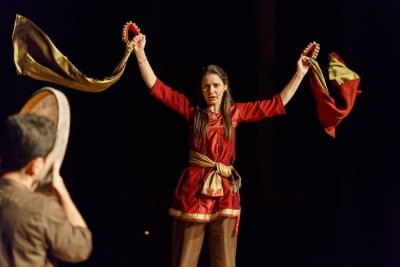
There are different degrees of ‘old’.
Going through the quaint, quiet streets of Giggleswick to reach the Victorian gothic splendour of Giggleswick School already feels like a significant step back in time.
However, once inside the school’s smart, modern Richard Whiteley Theatre (named after an old boy who held that most contemporary of roles – television presenter), Adverse Camber’s production of the Shahnameh takes us back into deep history. Indeed, we go beyond history, back into the primal territory of the founding mythology of an ancient nation, Iran.
The Shahnameh, literally the Book of Kings, was written by the poet Ferdowsi around the end of the 10th century CE. Little known in the West, other than through Matthew Arnold’s re-telling of the story of Sohrab and Rustum (Rustam), it is the world’s longest single-authored epic poem, reaching back to the beginning of time and working through mythical, heroic and historical ages up to the poet’s lifetime.
This version, drawn from tales of the heroic age, was – appropriately – commissioned by the British Museum and Xanthe Gresham Knight has been performing the show for eight years, though she and Iranian-Kurdish musician Arshad Morandi emphasise what an evolving, constantly changing process the performance is.
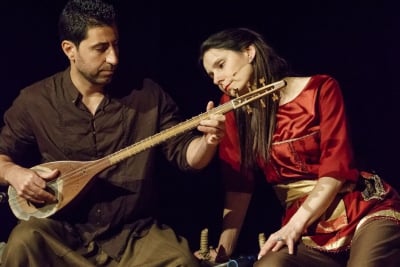
The pair present a striking contrast, with Gresham Knight dressed in the sumptuous robes of a fairy-tale past. She is vivacious, clambering over the set, swirling scarves to evoke the flight of the magical Simorgh bird and engaging directly with the audience, asking opinions and encouraging participation. Morandi, meanwhile, is soberly dressed and intent on coaxing music from a wonderful array of Iranian instruments. The lute-like shurangiz and its precursor, the setar are lovely, but most exotic is the daf, a drum with attached metal rings, making a complex, distinctive sound.
However, the stories are paramount and Gresham Knight brings them marvellously to life for the 70 strong audience. The Shahnameh may nominally be the story of kings, but in the stories presented, they are rather unattractive supporting characters to a genealogy of heroes who, often reluctantly, serve them.
This culminates in the story of Rustam and Sohrab. Rustam is the greatest of all the Iranian heroes, and in the course of his adventures, falls in love with Tahmina, Princess of Samangam, leaving her pregnant with a child, Sohrab. Even more prodigious than his father, Sohrab sets out to find Rustam, but is tricked into battle with him by one of the devious Shahs. Tragically, the father unwittingly kills his son, who declares at his death that peace, not war, should be the aim of the hero.
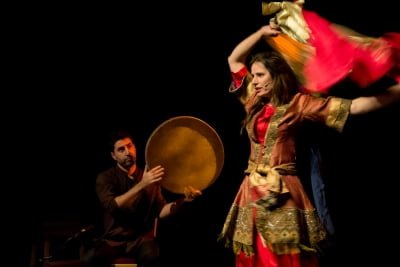
Such rich stories deserve to be brought to a large audience, and Settle Stories, who brought this performance to the Dales, deserve credit for fostering the art of storytelling in this way. Though they have other events to come in 2016, this visit by one of the highest-profile storytelling organisations is in many ways the culmination of their busiest year yet.
In a Q&A session at the end, Sita Brand of Settle Stories reflected on their campaign to keep storytelling alive. They are currently in the running for £25,000 to set up The Dream Factory, which would provide a safe space for young people aged 4-25 to meet to explore their creativity. It would be a fitting tribute to this small but energetic and committed organisation if they were to win, and to keep this most ancient of art forms alive for a new generation.
Details of future Settle Stories events can be found at http://www.settlestories.org.uk/. To vote for Settle Stories’ Dream Factory, go to https://foundation.onefamily.com/projects/settle-stories-the-dream-factory/

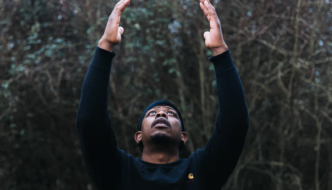
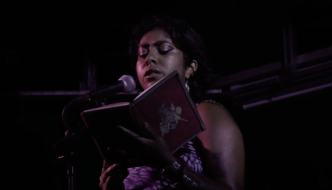
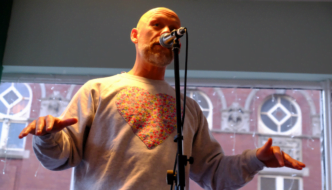
Comments